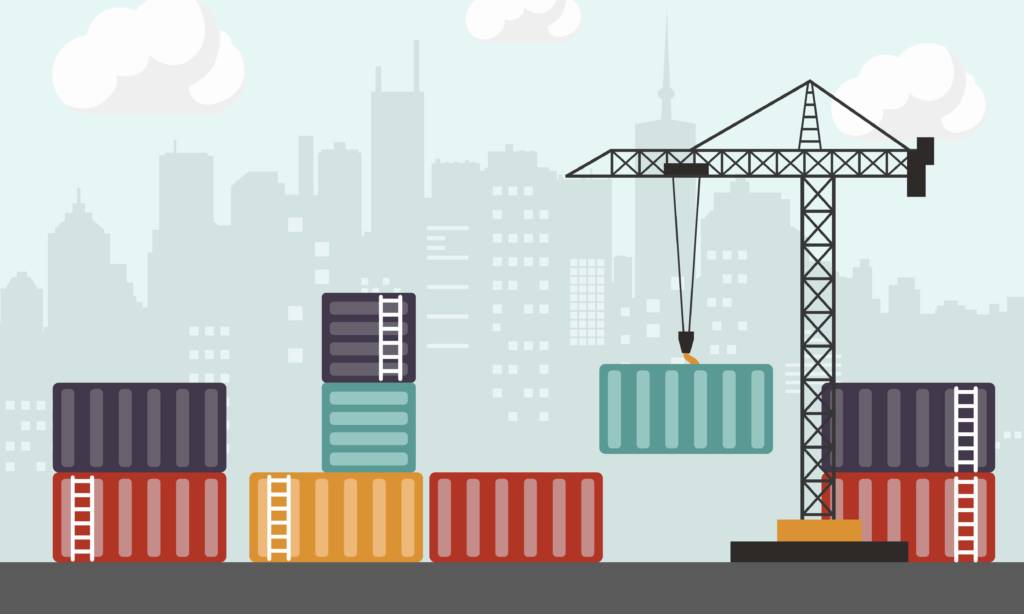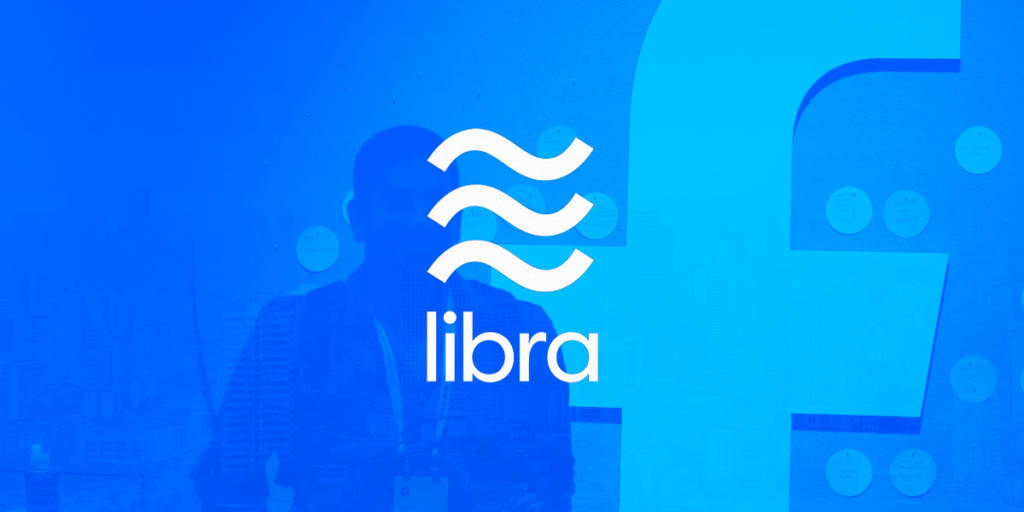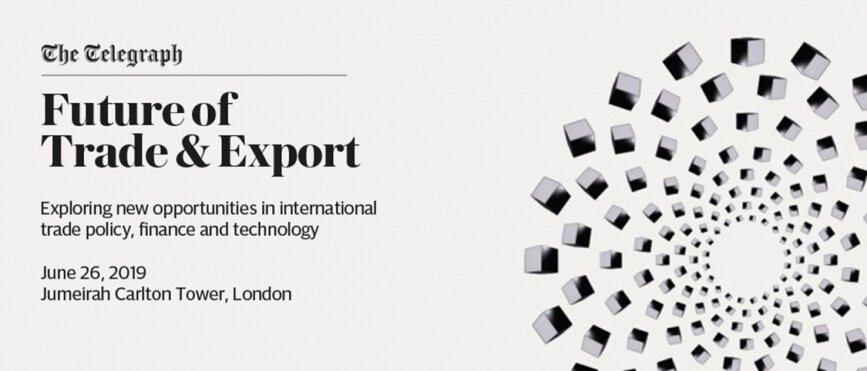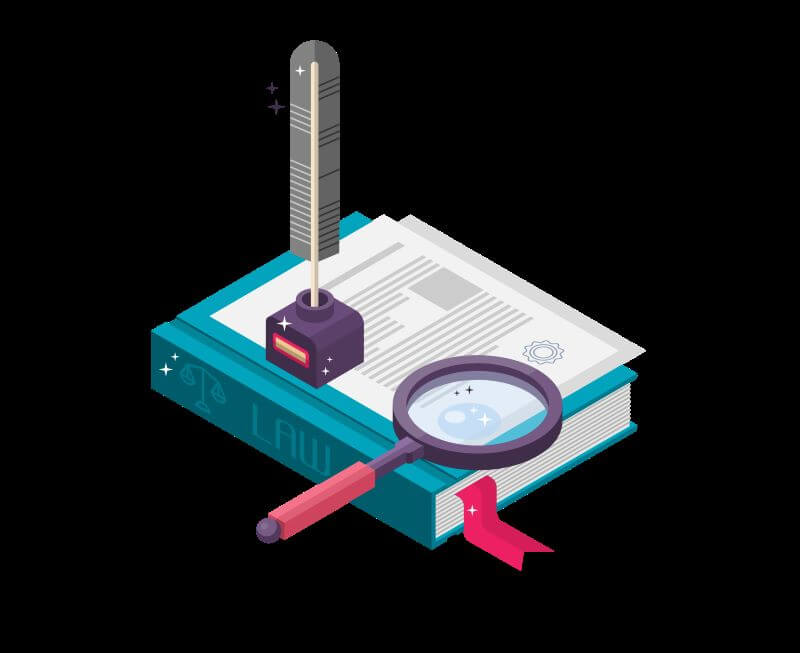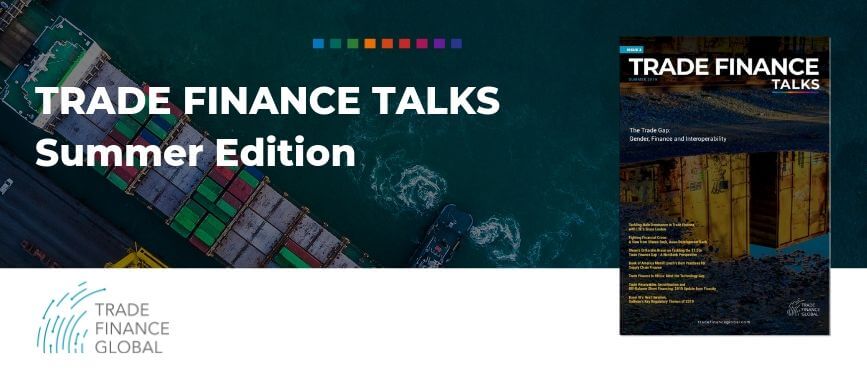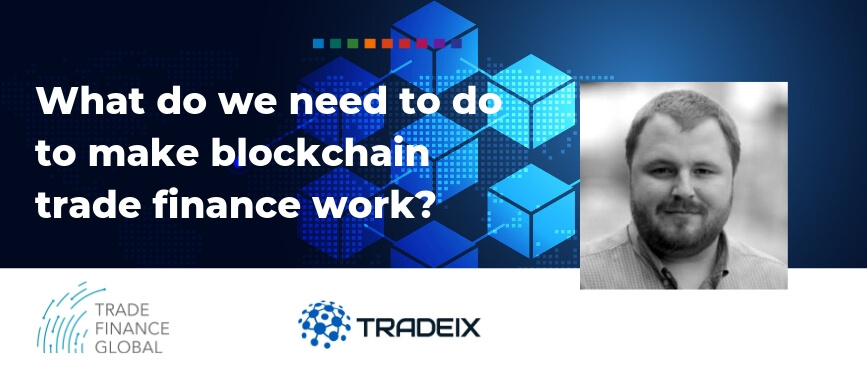IBM has partnered with Chainyard to launch a new blockchain network geared towards improving supplier qualification, validation, onboarding, and information management.
Simplifying and standardising trade finance faces a myriad of challenges but is necessary to enable open, secure trade finance. I caught up with Harri Rantanen at SEB to find out more about the objectives and mission behind Standardised Trust.
The value of global trade today is around $40 trillion. Approximately 10% of this amount is commodity trade. Therefore being able to predict what is likely for the future of the trade industry to hold is essential for business growth and preparation. Some of the most influential factors on global trade today are
Facebook recently announced a “blockchain powered currency” called Libra which appears to be a potentially game changing development in payments. Although there is scepticism and uncertainty, Facebook’s Libra initiative is something to be encouraged and applauded. With the caveat that FB needs to be watched very carefully as it has over the years proclaimed in its various mission statements that it wants to “move fast, break things, build things and add stable infrastructure”.
TFG were live at the Telegraph’s Future of Trade & Export conference, joined by Michael Boguslavsky, Head of AI at Tradeteq. There are a number of disruptive opportunities to digitise trade finance, including, machine learning, artificial intelligence, robotics, natural language processing.
The Telegraph’s ‘Future of Trade and Export’ conference sought to explore ‘new opportunities in international trade policy, finance and technology’.
Crypto assets (including Crypto currencies) and the technologies which underpin them are important because of the potentially huge benefits to society they can deliver. TFG heard from Manu Duggall on their standing under English law, which will determine whether that law will be chosen as the law of the contract and the forum for disputes over others.
Trade Finance Global released its second issue of Trade Finance Talks at the UK Trade & Export Finance Forum. This publication is entitled ‘The Trade Gap: Gender, Finance and Interoperability’.
During Consortia 2019, Deepesh Patel heard from Chief Strategy Officer Dave Sutter from TradeIX, discussing the key requirements for the true digitalisation of trade finance, and what interoperability means for the networks and consortia within the blockchain / DLT trade space.
London, 29th May 2019. Trade Finance Global are delighted to announce a strategic media partnership with The Telegraph at their conference – The Future of Trade & Export

















